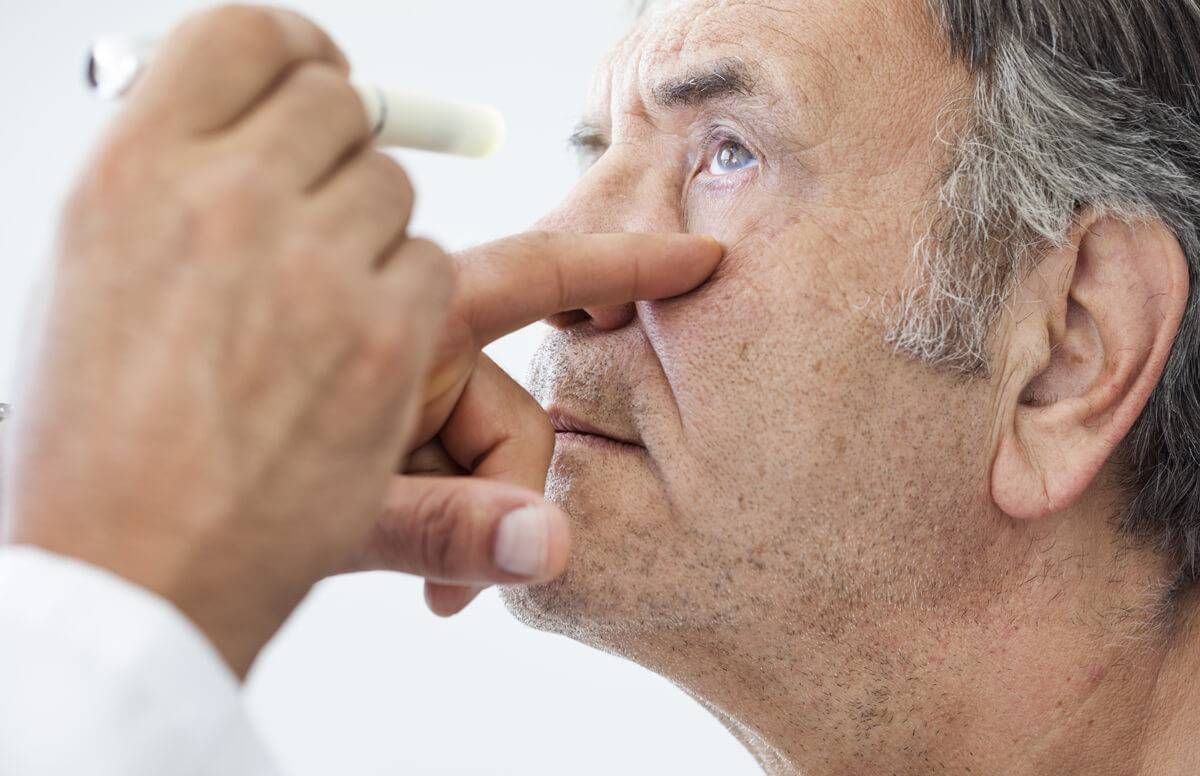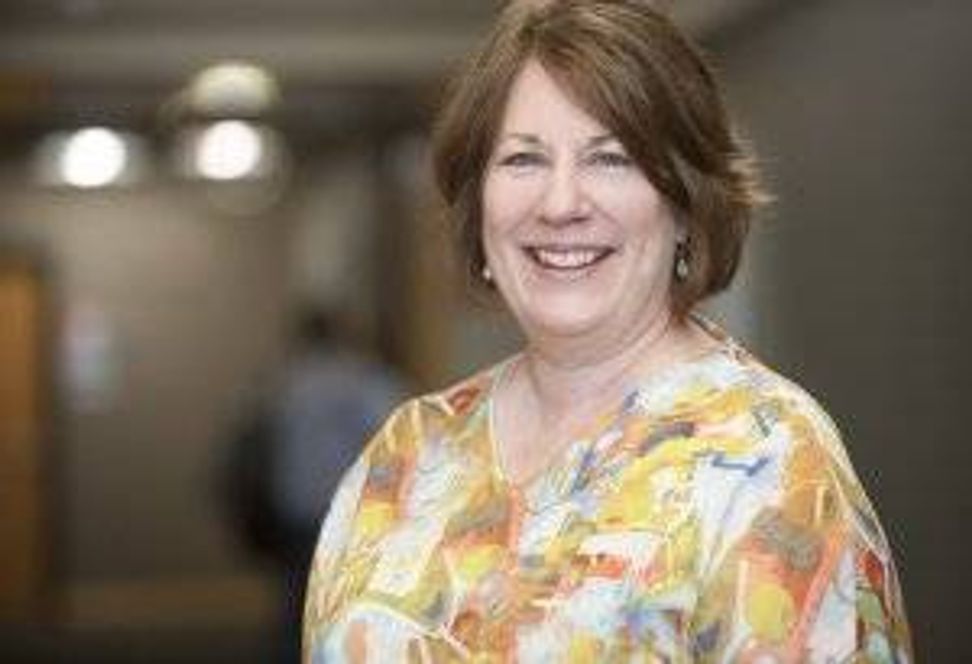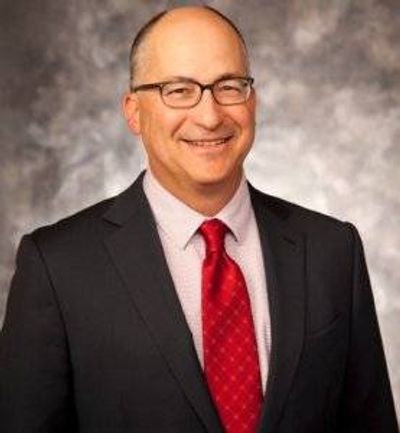Why People in Their 50s and 60s Are Having Cataract Surgery
Experts say it could be due to patient expectations and tech advancements
If you think cataracts are an eye ailment only afflicting people 70 or older, think again. More younger patients are getting cataracts and having cataract surgery than ever, according to Dr. Ming Wang, an ophthalmologist in Nashville.

Linda Bowman, 54, is a good example. Bowman, who lives in Cedar Falls, Iowa, and works for a senior living community, says she was shocked when diagnosed with cataracts in both of her eyes at 51. “I was in disbelief, and I suddenly felt 20 years older because I had never heard of someone younger having cataract surgery. I always envisioned people in their 70s or 80s,” she says.

Another reality added to Bowman’s shock about her diagnosis: Her 80-year-old father had just undergone cataract surgery, while her mother underwent a cataract operation in her early 70s.
“My doctor kept telling me it’s not a sign of age. It’s just something you need done in your eyes,” she recalls.
Wang says he’s noticed a dramatic uptick of younger cataract surgery patients: “It’s a national trend that’s been happening in the last 20 years.”
Cataracts, a clouding of the normally clear lens of the eye, can start in people in their 40s, although they won’t likely be noticeable. As a person ages, a cataract can grow to the point where it impairs vision in the eye. For example, night driving might become more difficult, halos of glare may be reflected in headlights and vision may be cloudy.
So, if cataracts don’t usually become problematic until a patient is in his or her later years, why are people in their 50s and 60s undergoing cataract surgery with more frequency today?
Cataract Surgery: Changing Expectations and Technology
According to Wang, who has performed more than 20,000 cataract surgeries since 1993, there are several reasons. For one, patient expectation has changed over the past 30 years.

It used to be that “patients only had cataract surgery if they couldn’t see even with glasses, which significantly debilitated their daily function. But today, patients undergo cataract surgery when their vision, even with glasses, imposes only a moderate impact on their daily lives. They want to see better with less dependence on glasses,” Wang says.
Numerous advancements in technology during the last 30 years also have made cataract surgery less daunting, he says. There used to be more risk associated with the surgery and outcomes were not as good as they are today.
Another potential reason for the uptick in cataract surgeries among people in their 50s and 60s could be a more active lifestyle with more time spent outdoors, says Dr. David Aizuss, an ophthalmologist in Encino, Calif.
Aizuss, the newly elected president of the California Medical Association, says increased exposure to the sun can lead to cataracts. Wearing sunglasses or other protective gear to block the sun’s harmful rays from the eyes can help to prevent early onset of cataracts.
Some other ways to help prevent cataracts include not smoking; controlling other diseases, such as diabetes and eating a healthy diet that includes leafy green vegetables, fruits and foods high antioxidants, according to the American Optometric Association and the National Eye Institute. The National Eye Institute also recommends that people 60 and older have a comprehensive dilated eye exam at least once every two years.
Benefits of Cataract Surgery in Your 50s or 60s
If you’re in your 50s or 60s, you’re no doubt unhappy to hear about the trend toward more cataracts in your age group. But you can at least take heart knowing there are some benefits to having the surgery at a younger age. For example, younger cataract surgery patients enjoy improved vision for more years than older patients.

If you have cataracts, “What’s the point of waiting until 84, 94, to have the surgery?” Wang says. “You want to be able to enjoy better vision for a longer period of time.”
Younger patients also tend to heal more quickly than older ones, he says. They generally resume their normal level of activity more rapidly than older patients, too, which helps develop a positive attitude imperative for a speedy recovery.
Although Bowman was anticipating improved vision following her cataract operations, she was conflicted about having them. Calling the emotional strife she suffered following her diagnosis of cataracts at 51 as the “most challenging” aspect of her entire experience, she says, in hindsight, the best response is to laugh about it.
Bowman says she loves that she can see much better since her cataract surgery. She has also gained another, and unexpected, type of perspective from her operation: “It made me more empathic because I work with older people.”

